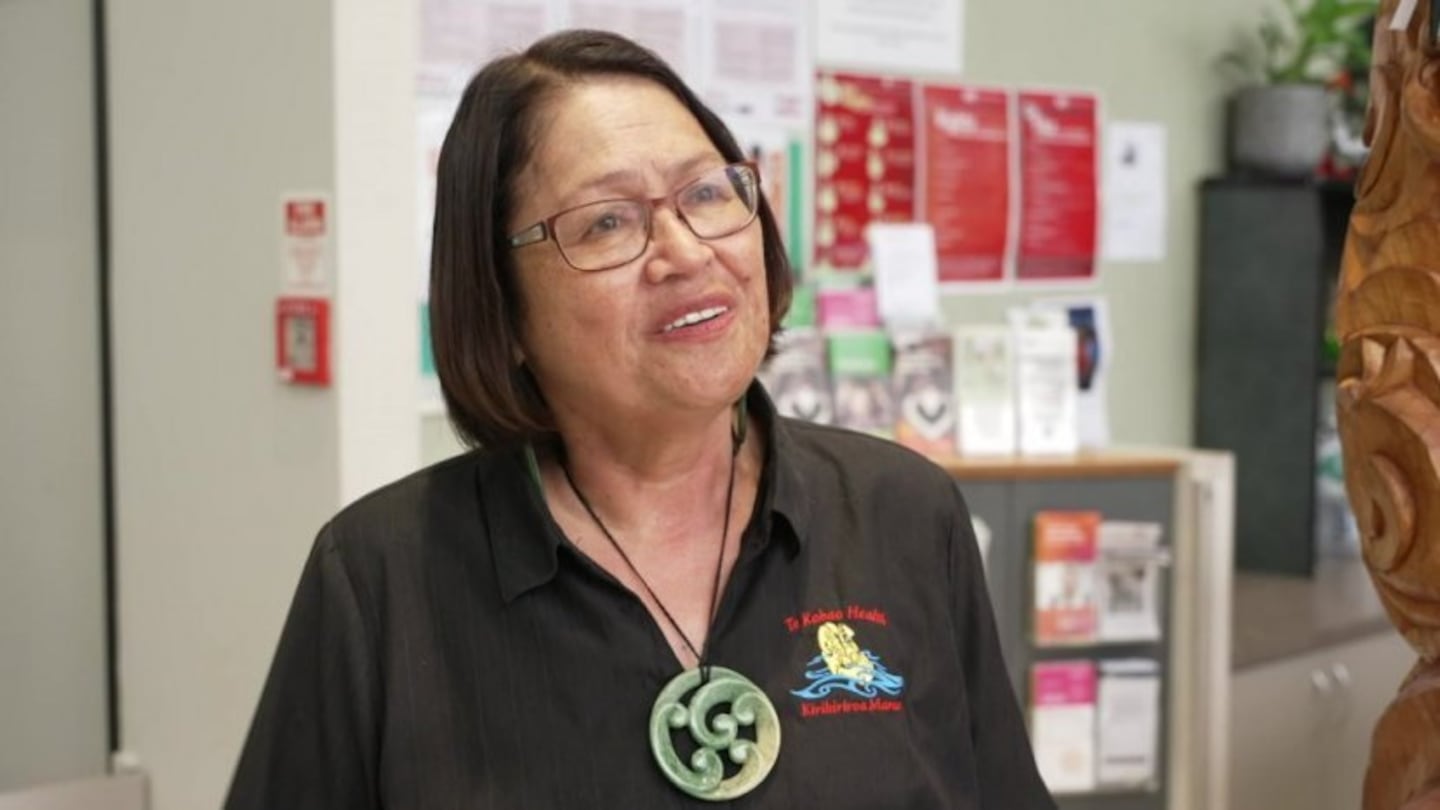Health advocate Lady Tureiti Moxon says breaches of Te Tiriti in the New Zealand health system are still happening, three years since the release of the Hauora Report from the Waitangi Tribunal.
She says the Accident Compensation Corporation [ACC] in particular has made “no recognition of Te Tiriti let alone the principles as set out in the Hauora Report”.
Moxon will appear on Wednesday before the tribunal when it resumes state two of the Health Services & Outcomes Inquiry.
Moxon says that, along with eight other witnesses, she will describe how prejudiced and discriminatory the system is for those who have suffered personal harm or who require help at home due to a lifelong disability.
Evidence shows Māori receive a lower standard of care from "mainstream" clinicians than non-Māori. Māori providers are described by the Crown as the "gold standard" in Māori care.
However, Māori clients are not given the option of using a Māori supplier. The way ACC's procurement system is set up undervalues Māori suppliers by preventing them from growing and developing to serve more Māori clients.
An opportunity to reform ACC
According to Te Kōhao Health's statistics, out of 8,000 registered clients, only five Māori clients receive ACC home care. Despite this, at least 15% of Te Kōhao Health appointments involve an injury for which whānau are eligible for help.
Te Kōhao Health is the only Māori ACC provider in the Waikato region, and two of these clients predate the present ACC "restricted supplier model." This means that only three Māori people in the Waikato have filtered through this restrictive model to receive home care from a Māori provider.
“This is about mana motuhake, by Māori, for Māori. The Hauora Report was unequivocal. It said there must be the guarantee of tino rangatiratanga, equity, active protection, options, and partnership,” Moxon says.
“Ten years later we are still in the same boat.
“This is an opportune time to reform ACC now the Māori Health Authority will go live on July 1. Move resources from ACC across to our new entity to ensure whānau get the support that they need when they need it. Māori should be empowered to care for ourselves, our way.”


